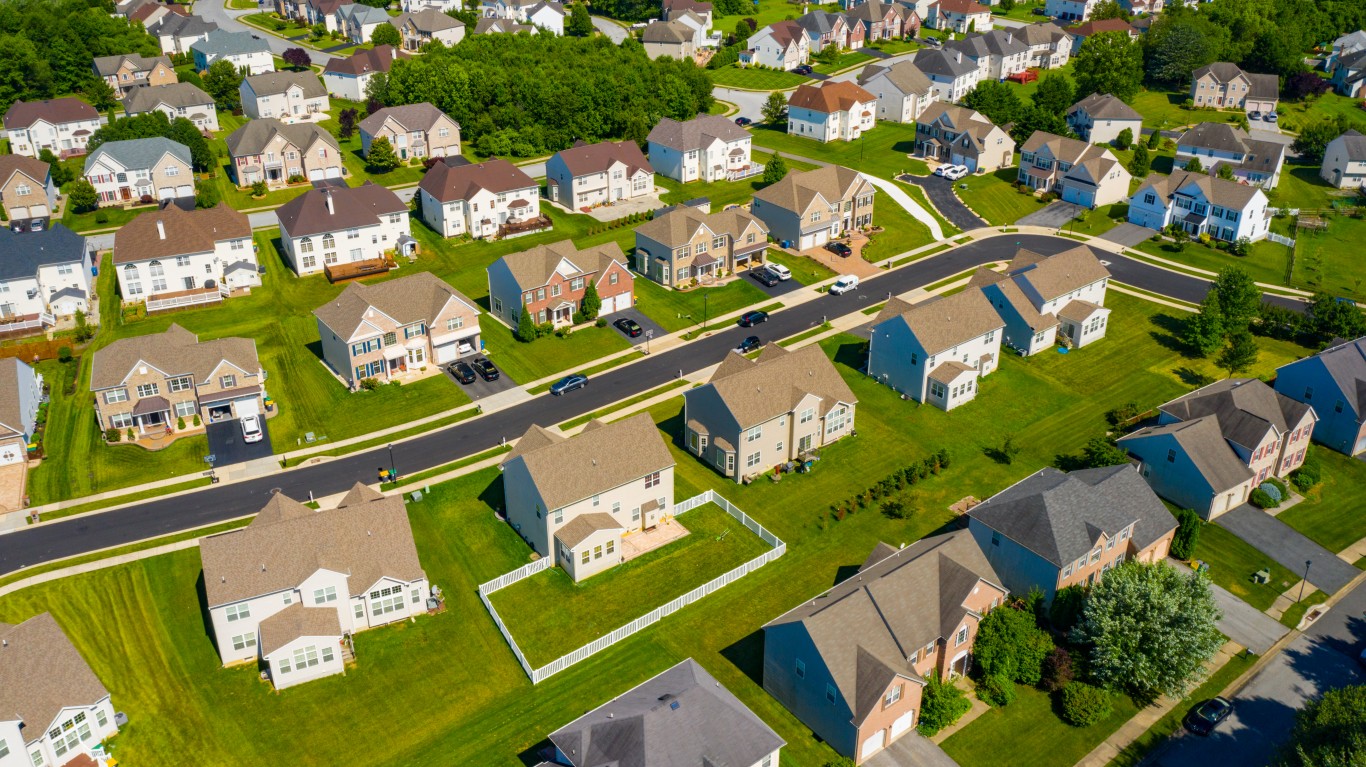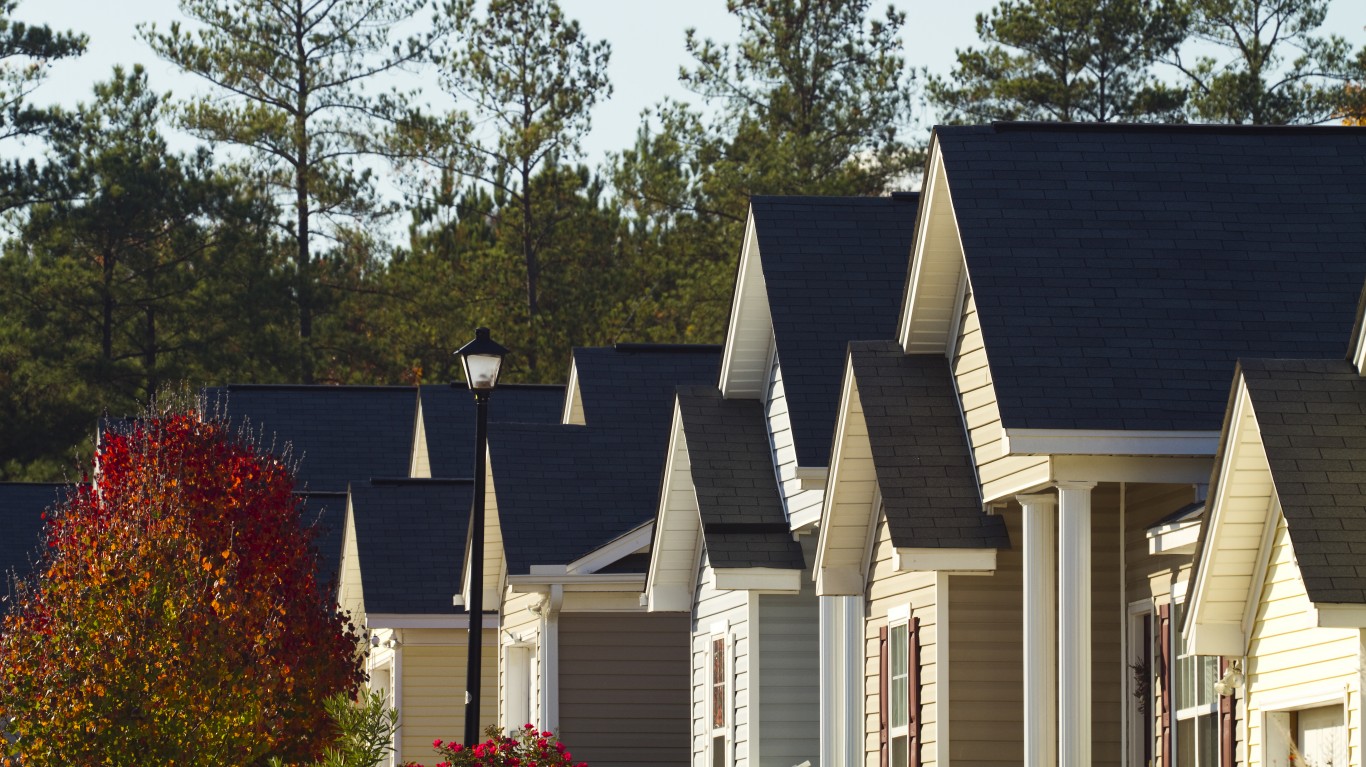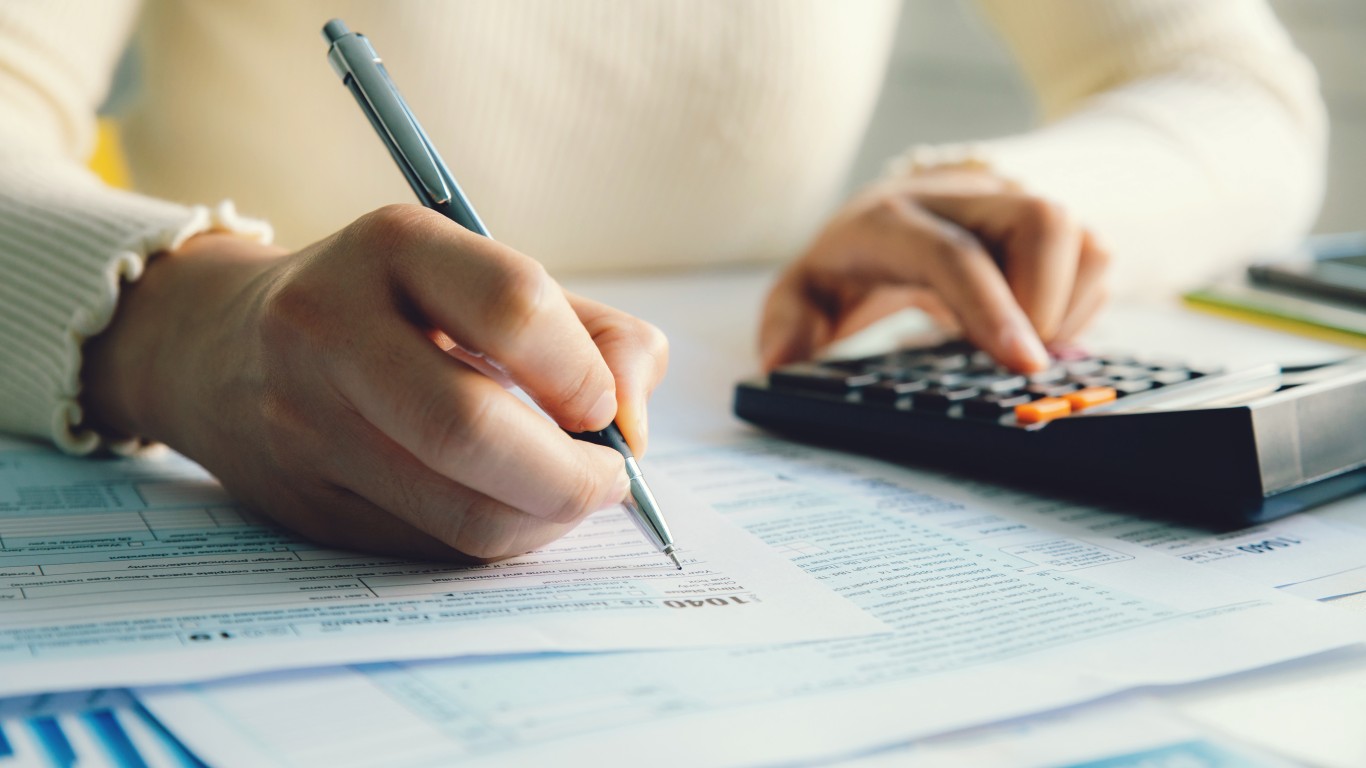Special Report
Why You Should Turn Your First Home Into an Investment Property

Published:

As a young person starting your first job you may think your only investment options are stocks or the company’s 401(k). Yet there’s another investment opportunity you may be unaware of – real estate in the form of a home.
Buying your first house needn’t wait until marriage and kids. Plus, your first home doesn’t have to be your primary residence. You can buy and rent out a home, thereby giving you another source of cash. Those funds can pay down the mortgage or provide the wherewithal to put into new investments. Since real estate tends to appreciate over time, you can reap a profit when you eventually sell. (These are the cities where investors are buying up the most real estate.)
24/7 Wall St. created this list of four reasons a home could be a good first investment property, based on “Why First Homes Could Be Investment Properties,” a report produced by the financial technology company SmartAsset.
Click here to see four reasons why your first home is a great investment.
Admittedly, buying a home can be a daunting task. But by scouring the market you can find some reasonably priced properties, particularly in the Midwest. Despite some ups and downs, residential real estate is a solid investment, and one that doesn’t have to wait until you’re older. (These are the cheapest cities to buy a home.)

1. Better to have more risk when you’re young
When you’re young, you may have other priorities, such as traveling and simply enjoying life with friends. Buying a home is something you’ll do when you settle down, right? But why wait? With some shrewd money-saving strategies, you may be able to amass enough to purchase a house or condo. Another incentive: Mortgage rates are dropping, albeit only slightly. According to Bankrate, rates for a 30-year fixed mortgage hit 5.80% as of July of this year, down from 5.81% a month earlier. A 15-year fixed-rate mortgage now stands at 4.98%.
[in-text-ad]

2. Some real estate markets have bargains
In June, Zillow estimated the value of a typical middle-tier home in the U.S. at $354,165. That’s a big number. But bargains abound if you look for foreclosure sales or homes owned by a bank that may be willing to unload the property for less than its value to get it off its books. Or you can scour cities where homes go for around $100,000. Such bargains can be found especially in the Midwest. In Peoria, Illinois, for example, the median home price is $98,000. Homes in Terre Haute, Indiana can be bought for $104,900, MarketWatch reports.

3. It will provide another source of income
Although your job presumably provides a solid income stream, wouldn’t it be nice to have extra cash flowing in – like monthly rental payments from a tenant? Remember, too, that rents can be raised over time. Rental income can be used to pay down the mortgage and build equity in the property, and when it’s time to sell, you might well score a nice profit. There are also tax breaks that accrue from owning an investment property: You can deduct the reasonable costs of owning, operating, and managing the property at tax time.

4. You can take advantage of an FHA loan
Don’t have the greatest credit? Not sure you have enough for a downpayment? Go for an FHA loan. With an FHA loan, your down payment may be only 3.5% of the purchase price. To qualify for the loan, you must live on the property – but if you purchase a multifamily property with four or fewer rental units and live in one of them yourself, you can still get that money from the FHA.
Retirement can be daunting, but it doesn’t need to be.
Imagine having an expert in your corner to help you with your financial goals. Someone to help you determine if you’re ahead, behind, or right on track. With SmartAsset, that’s not just a dream—it’s reality. This free tool connects you with pre-screened financial advisors who work in your best interests. It’s quick, it’s easy, so take the leap today and start planning smarter!
Don’t waste another minute; get started right here and help your retirement dreams become a retirement reality.
Thank you for reading! Have some feedback for us?
Contact the 24/7 Wall St. editorial team.